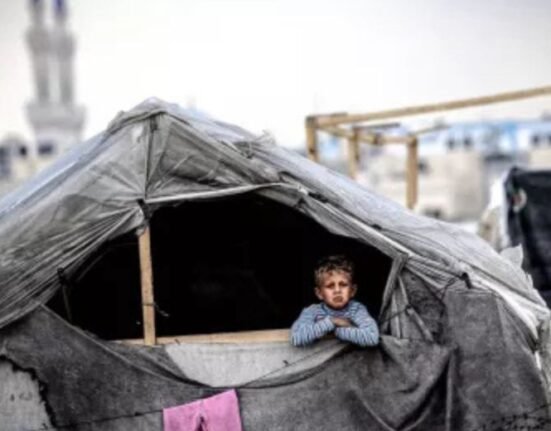HQ Team
June 8, 2023: The European Union has announced a 1.23 billion euro initiative to prevent mental health issues and find affordable treatments for its 84 million patients in the bloc.
The initiative’s focus is to place mental health on an equal footing with physical health and to ensure a cross-sectoral approach to mental health issues, according to a EU statement.
“Before the COVID-19 pandemic, mental health problems already affected 1 in 6 people in the EU, situation which has worsened with the unprecedented crises experienced over the past years.
“The cost of non-action is significant, amounting to €600 billion every year.”
Depression, suicide prevention
The plan includes promoting mental health through prevention and early detection, including through a European depression and suicide prevention initiative, a European Code for Mental Health and strengthened research on brain health.
It will invest in training and capacity-building that reinforces mental health across policies and improves access to treatment and care.
Actions will include training and exchange programmes for professionals and technical support for mental health reforms at the national level.
Before the COVID-19 pandemic, mental health problems affected about 84 million people in the EU, and these figures have risen since then.
€600 billion cost
The pandemic forced additional pressures on mental health, especially among young people and those with pre-existing mental health conditions.
The total cost of mental health issues – which include the costs to health systems and social security programmes, lower employment and worker productivity – are estimated to amount to more than 4% of GDP across EU countries.
It is equivalent to over €600 billion per year.
The new initiative, funded by different financial instruments by the EU, is also aiming to ensure improved mental health at work by raising awareness and improving prevention. A possible future initiative on psycho-social risks at work is also in the works.
Children will be provided with a prevention toolkit to address the key health determinants of mental and physical health, and better protection online and on social media.
A special focus includes conflict-affected populations, notably people — in particular children — displaced from Ukraine and children in Ukraine subject to the trauma of the ongoing war with Russia.








